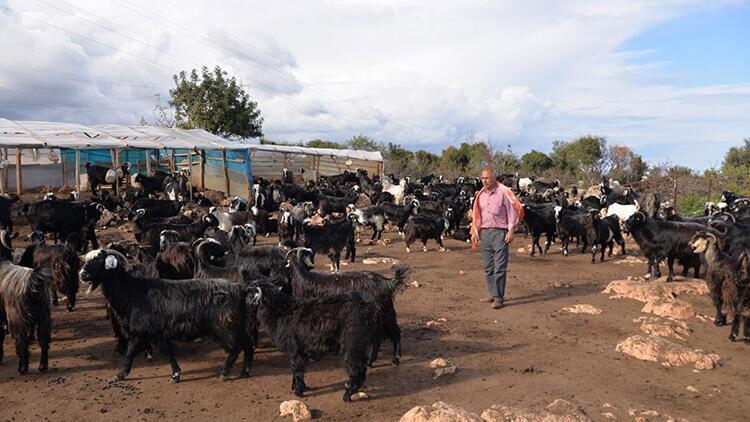
Turkish nomads have crisscrossed Anatolia’s steppes for thousands of years. But this year, they won’t because their 1,000-year-old tradition was hampered by the coronavirus, which has ravaged the entire world.
When summer comes to southern Turkey the nomadic Yörük tribe knows it is time to pack their tents and embark on the long trek north with their herd of animals.
The “summer migration” of 200 Sarıkeçili families living in tents in the different parts of southern Anatolia was postponed to a day after May 1 due to the outbreak measures.
The Sarikeçili are a tribe from the Yörük ethnic group, a semi-nomadic pastoral Turkish people that is one of the oldest in Turkey.
They leave the southern province of Mersin in late April each year and arrive 600 kilometers north in the Central Anatolian province of Konya in July, only to start the return trip a few days later.
But this year, the plans of the nomadic families have turned upside down due to the ban on inter-provincial travel as part of the measures taken due to the pandemic.
Approximately 70,000 small ruminants may be destroyed due to excessive temperatures, if the ban on crossing between provinces continues in May.
“Normally our migrations would start April 20 and it would continue until the first week of May. Until the last week of May, there would be no Yörüks on the Mediterranean coasts, which we call winter yurts,” said İbrahim Yağal, chairman of a Yörük foundation.
“This year, many places under quarantine due to the coronavirus gave us time until May 1,” he added.
Saying that they expect authorities to understand, Yağal reminded that they should migrate at the beginning of May at the latest.